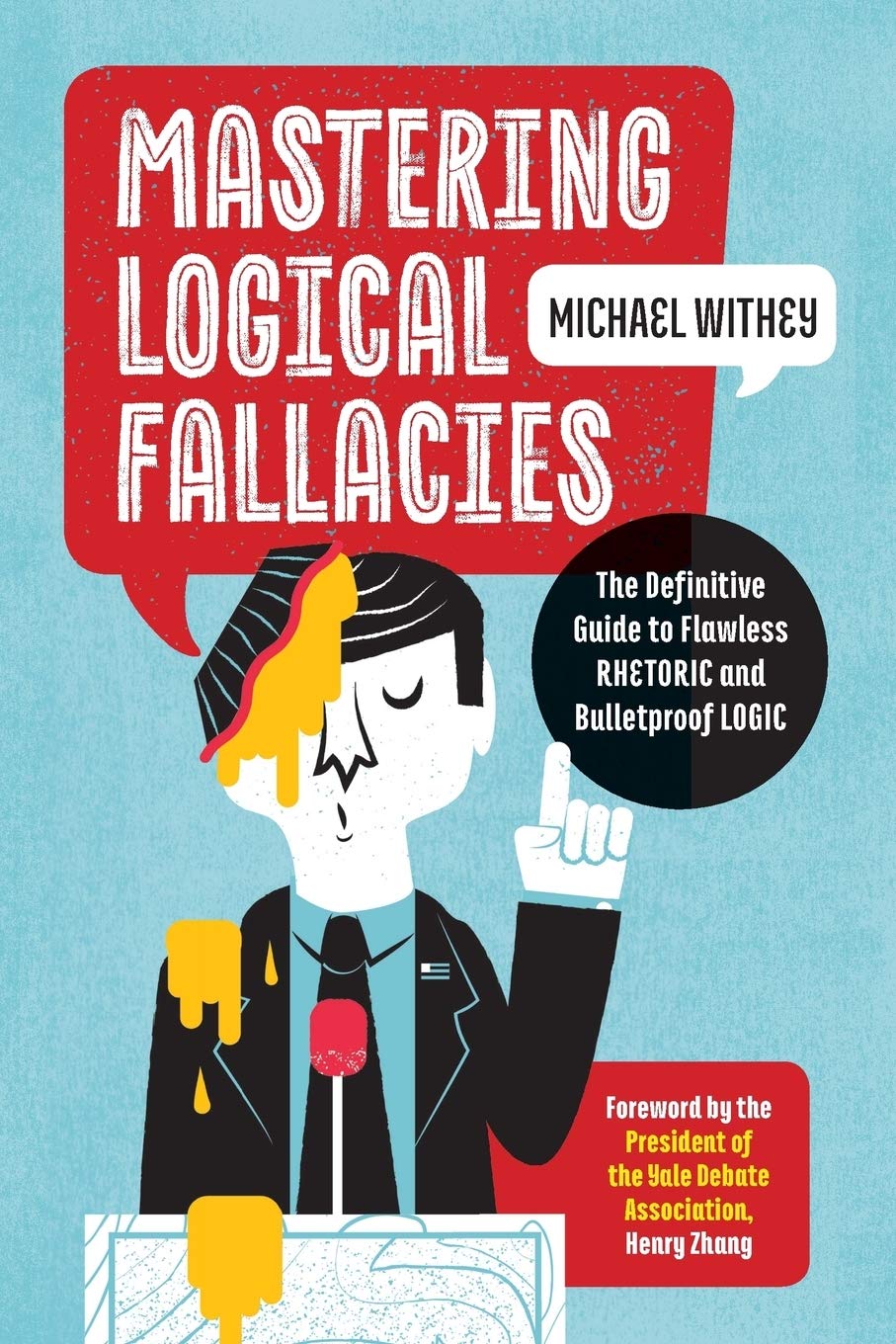The Burden of Proof fallacy is a logical fallacy where one party in an argument attempts to shift the burden of proof onto the other party. This fallacy is often used as an attempt to avoid having to provide evidence or logical reasoning to support their own claims or positions. By requiring the other party to provide proof, the party making the argument can avoid having to provide their own.
The Burden of Proof fallacy is based on the idea that the burden of proof rests with the person making a claim. This means that if someone makes a claim, they must provide evidence to support it. However, in the case of the Burden of Proof fallacy, the person making the claim shifts the burden of proof onto the other party. This is done in an attempt to avoid having to provide evidence for their own position.
In order for the Burden of Proof fallacy to be committed, the person making the argument must be attempting to shift the burden of proof without providing any evidence of their own. If the person making the argument provides evidence to support their claim, then the fallacy has not been committed. For example, if someone makes the claim that “aliens exist” and then provides evidence to support this claim, then they have not committed the Burden of Proof fallacy.
The Burden of Proof fallacy is often used in debates and other discussions in an attempt to avoid having to provide evidence or logical reasoning to support their own claims or positions. It is important to be aware of this fallacy and to recognize when someone is attempting to use it. This can help to ensure that arguments are based on evidence and logical reasoning, rather than attempting to shift the burden of proof onto the other party.






